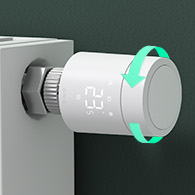Even if it's a plug-in oven? If so, as I asked, and BAS has subsequently asked, what other appliances do you feel call for a Zs tests on any socket into which they are (or may be) plugged?Whether it is a requirement or not, a minimum of a Zs check takes so little time to give a fair indication of the circuit.
Possibly - but, as I asked, where do you draw the line? Ah.....If it were discovered soon after the work that there was no earth connection, I think the customer would be justified in thinking you had been less than satisfactory.
So does that mean that a light bulb is the only electrical item that you feel can be replaced without the associated circuit being tested?Changing a light bulb may be taking it too far but the others, why not?
Kind Regards, John



